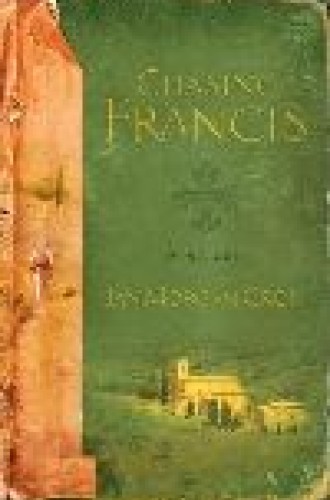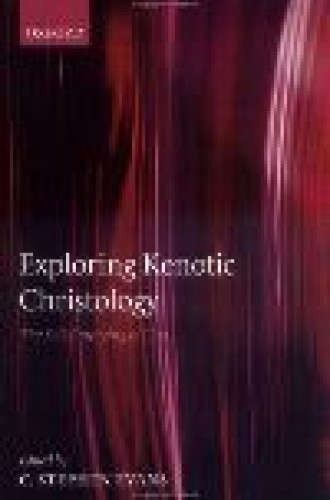BookMarks
In this novel Pastor Chase Falson finds himself unable to deliver another sermon on “the evidence for the deity of Jesus, as well as the forensic case for the physical resurrection.” He’s had it with the packaged answers and sterile triumphalism of evangelicalism. When his congregation presses him to take a leave of absence, Falson heads for Italy. There he encounters wise and earthy monks, great food and fabulous landscapes, and learns, via St. Francis, about simplicity, vulnerability, liturgy and creativity. It’s the sabbatical every Protestant pastor dreams of. As a novel there is not much that’s unmechanical about it (it comes with a study guide), but the book captures the impulses behind the postevangelical or “emergent church” movement.
Kenotic Christology, which maintains that in the incarnation God gave up some divine prerogatives in order to become human, is not much in vogue anymore. But this book signals that a minor renaissance of this approach to the nature of Christ may be under way. As the book’s subtitle suggests, ultimately kenoticism is about the nature of God and not just Jesus. Is God by nature self-emptying and self-limiting? These writers might have probed more fully the ecclesial and ethical implications of believing that in the incarnation Jesus revealed a self-emptying God. Unfortunately, the price of the book will be prohibitive for many individuals, but the volume should be included in college and seminary libraries.







